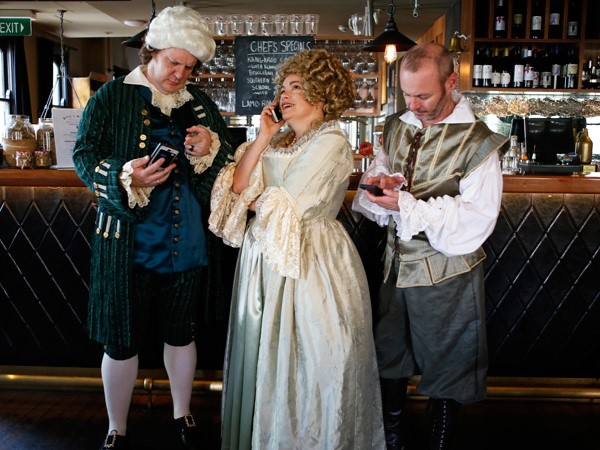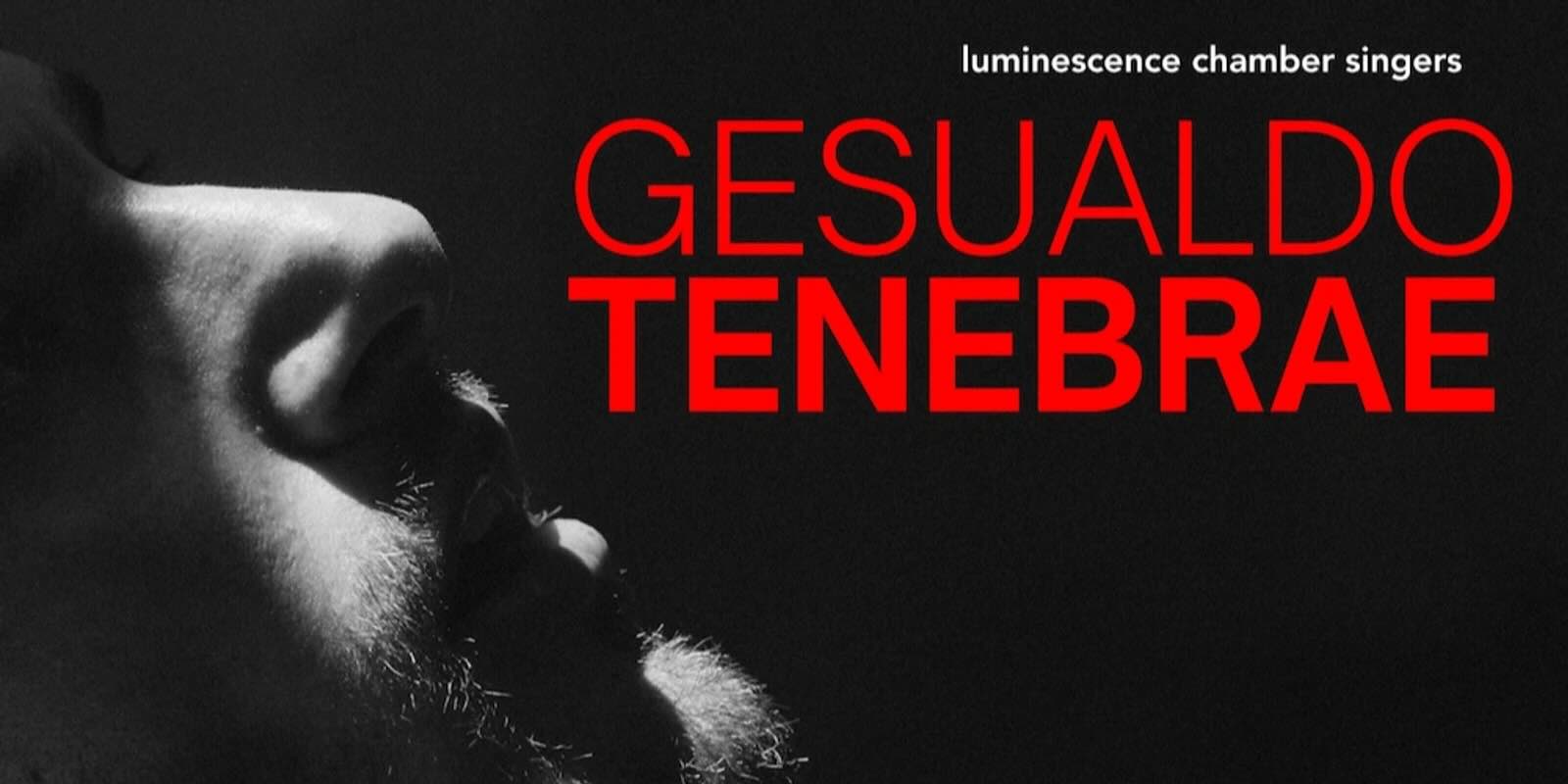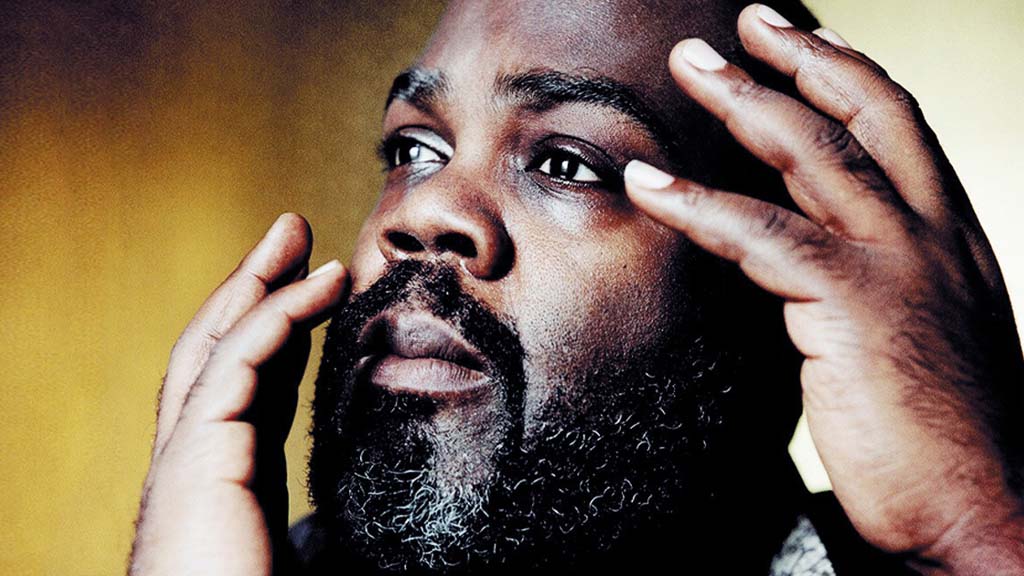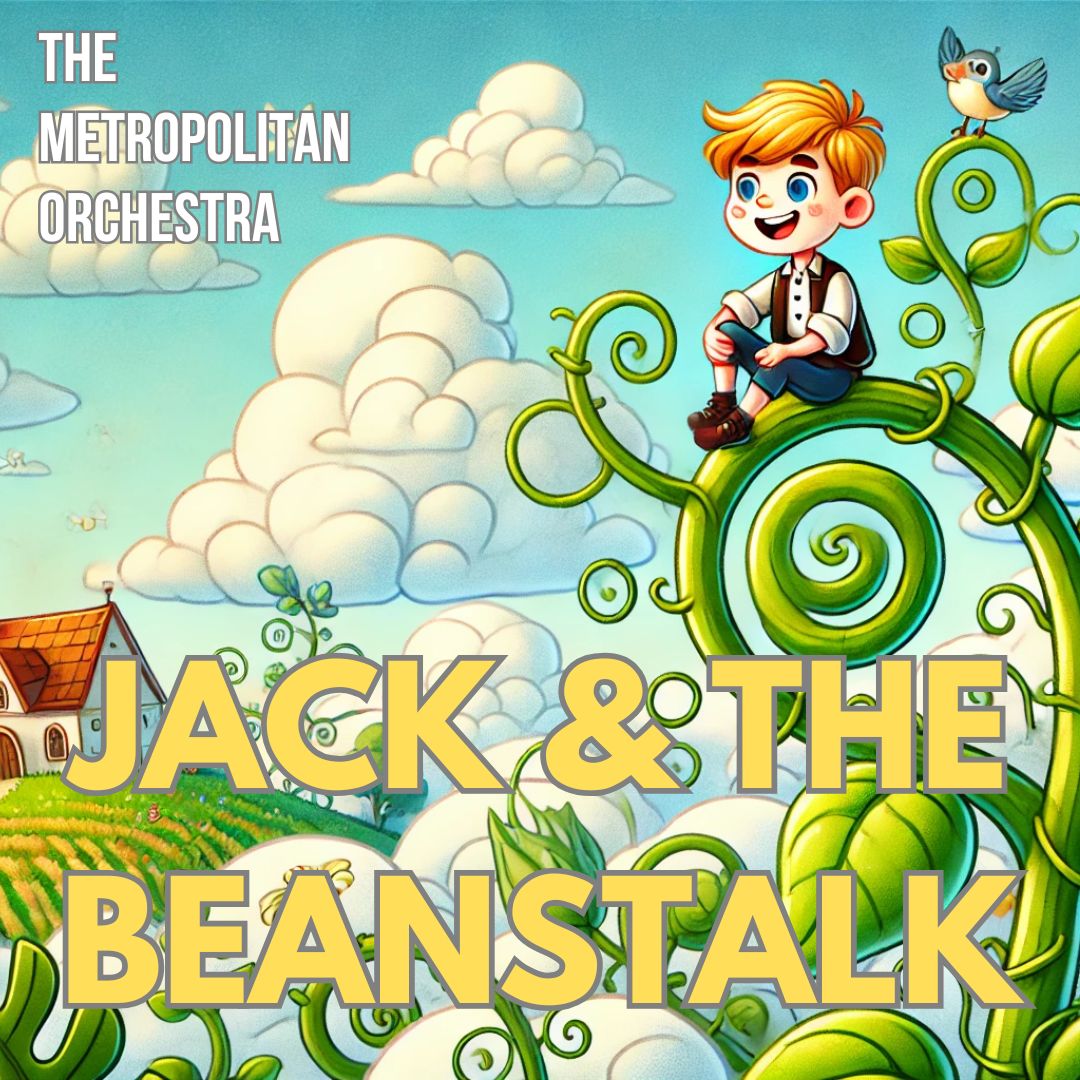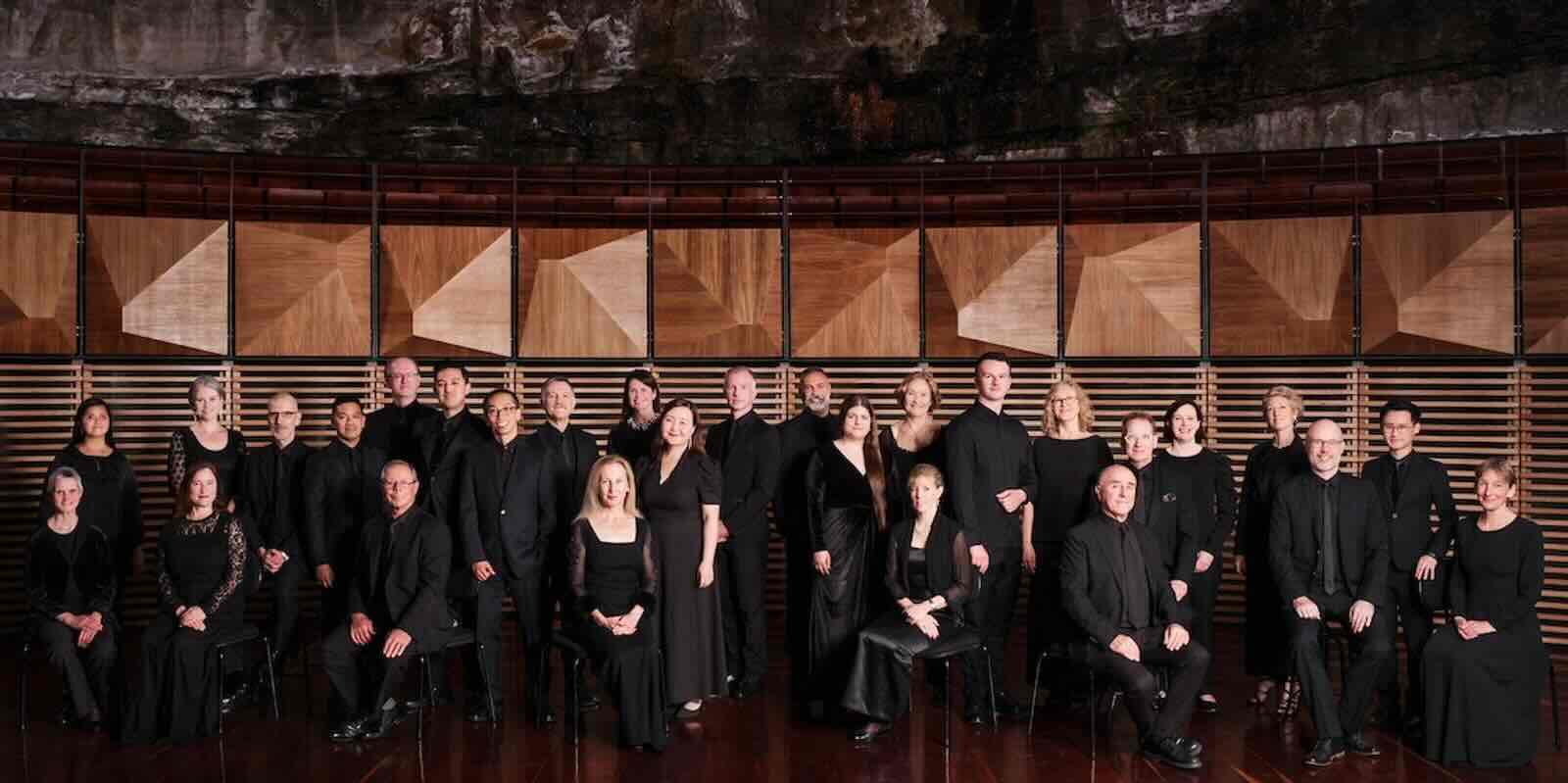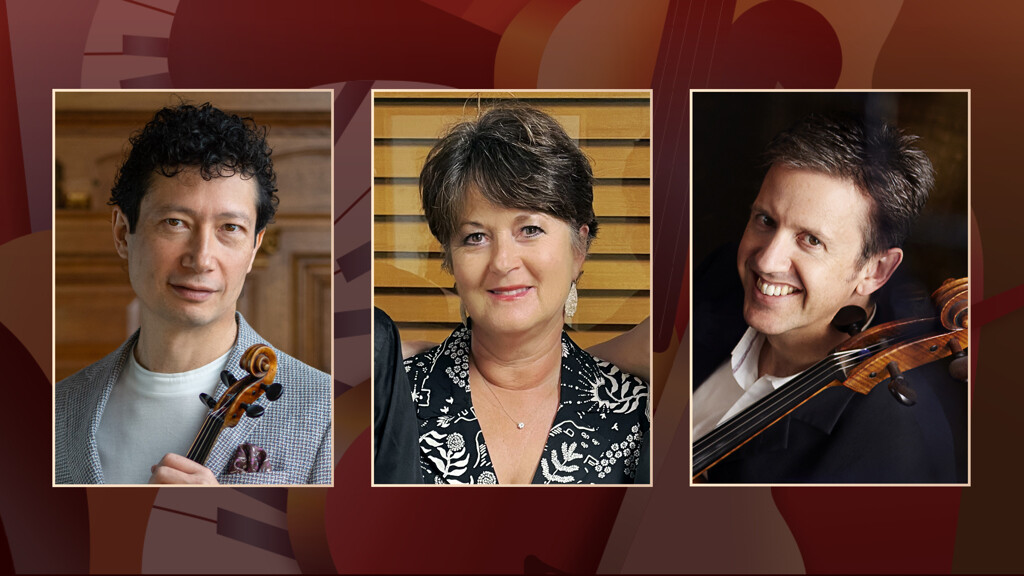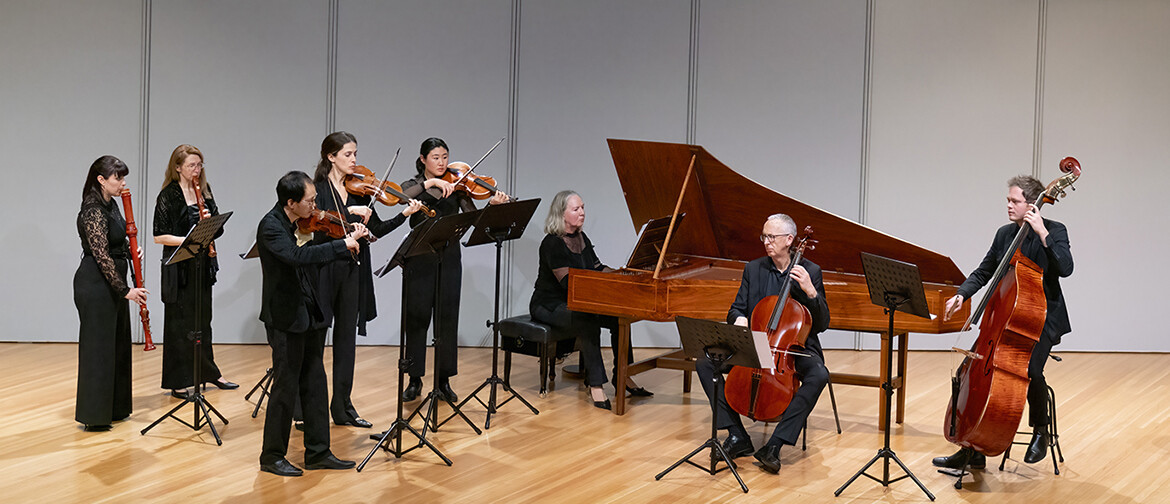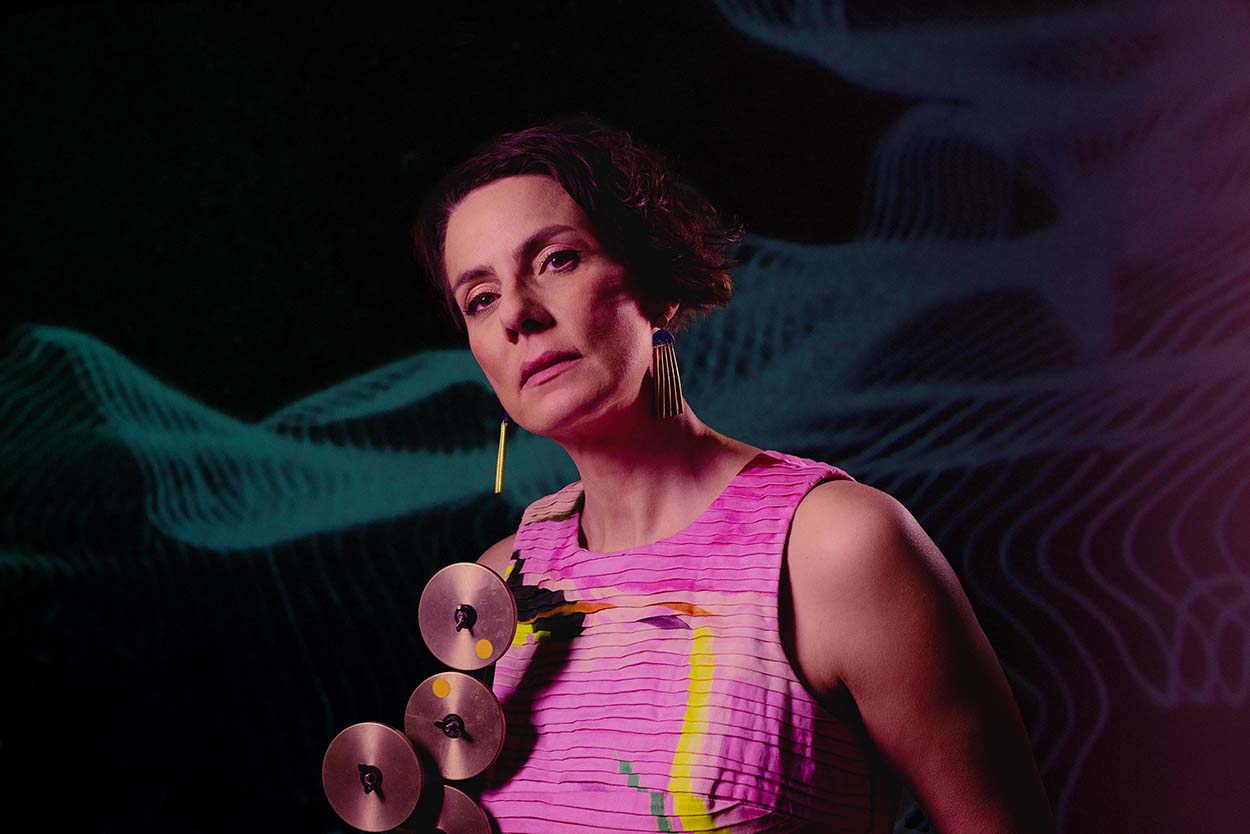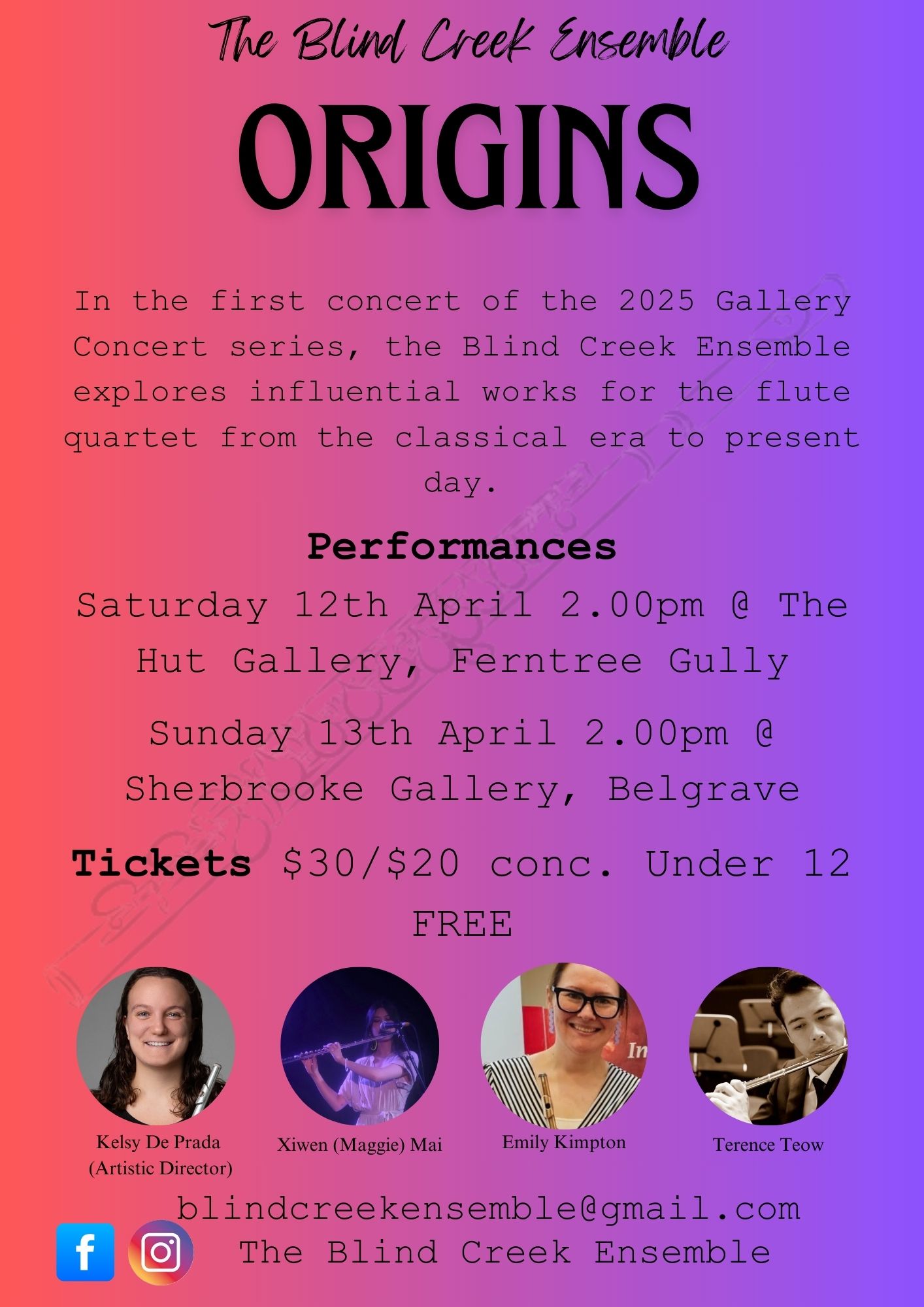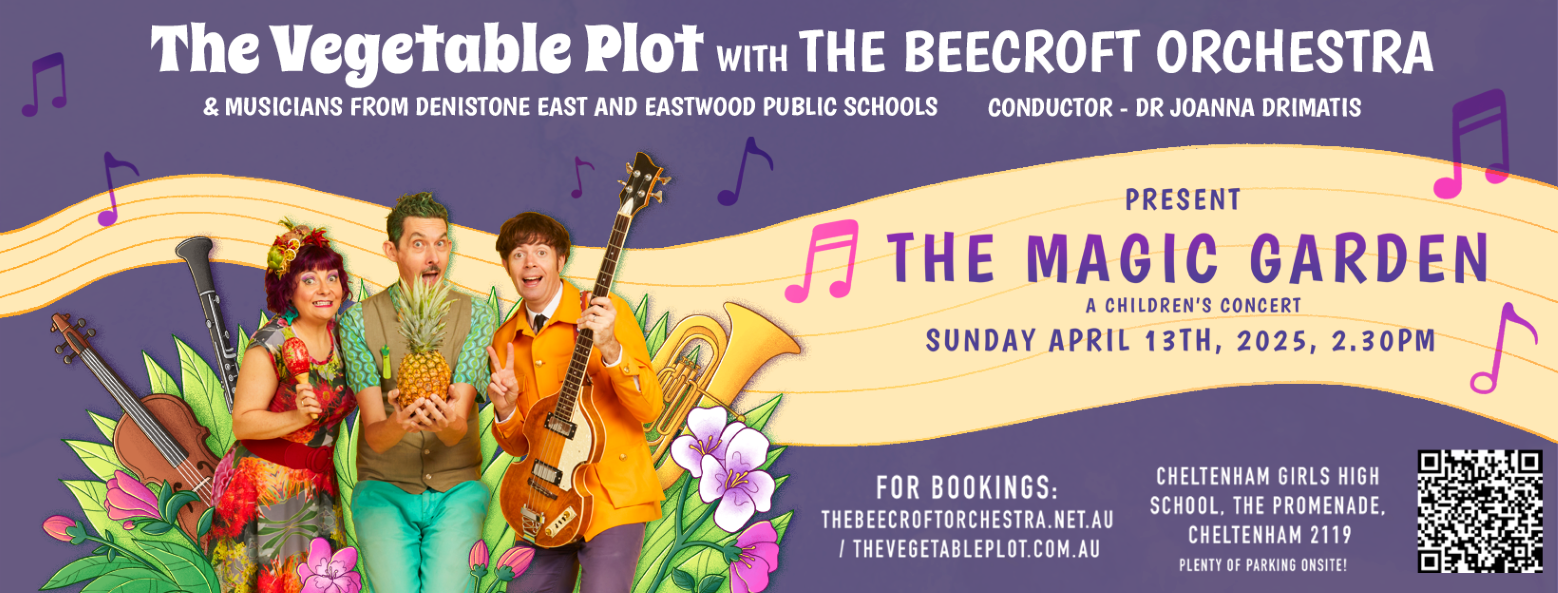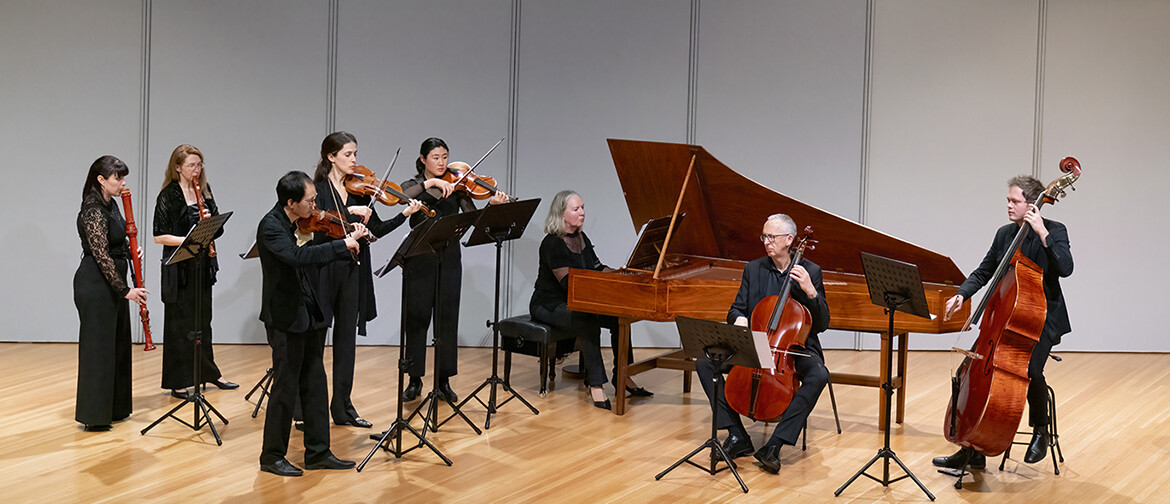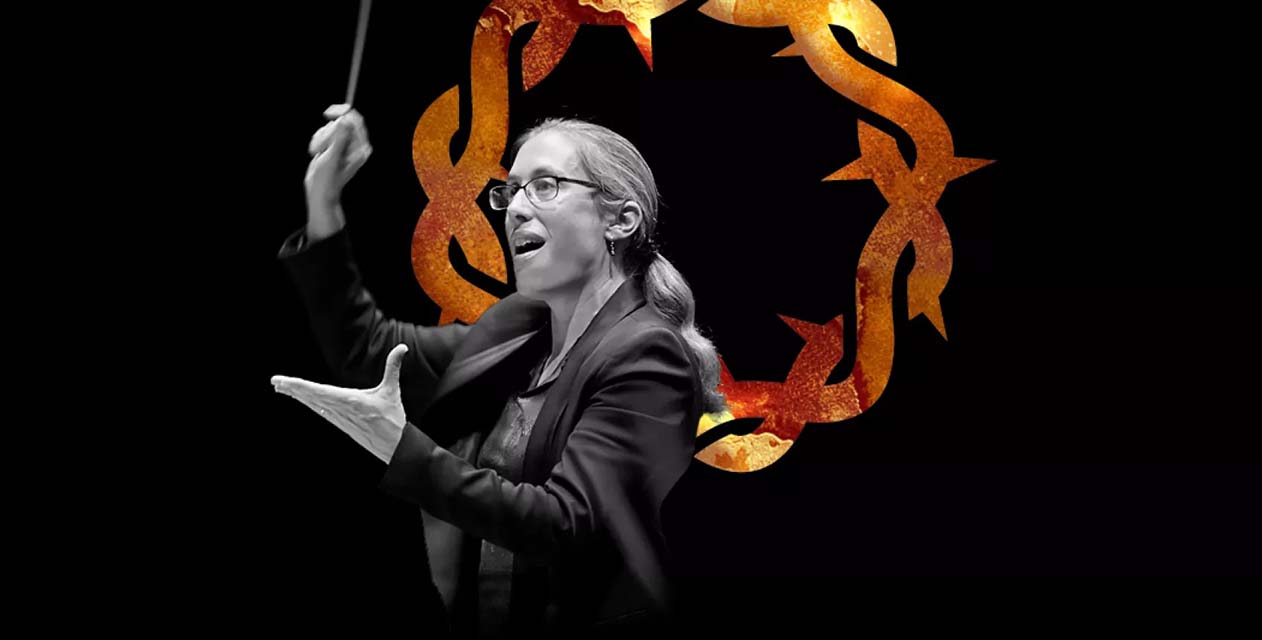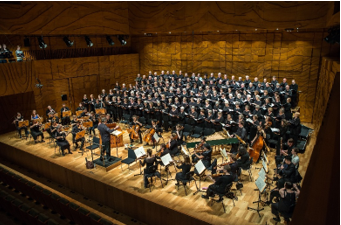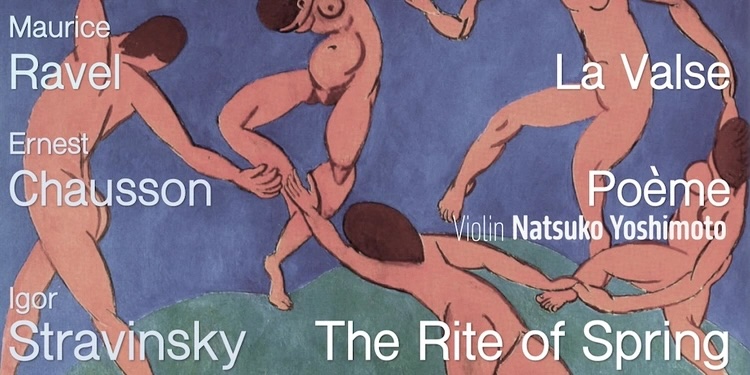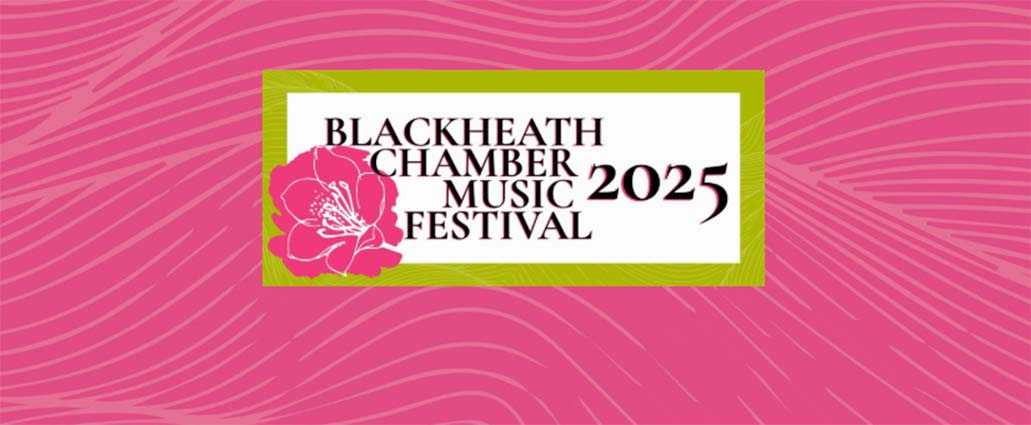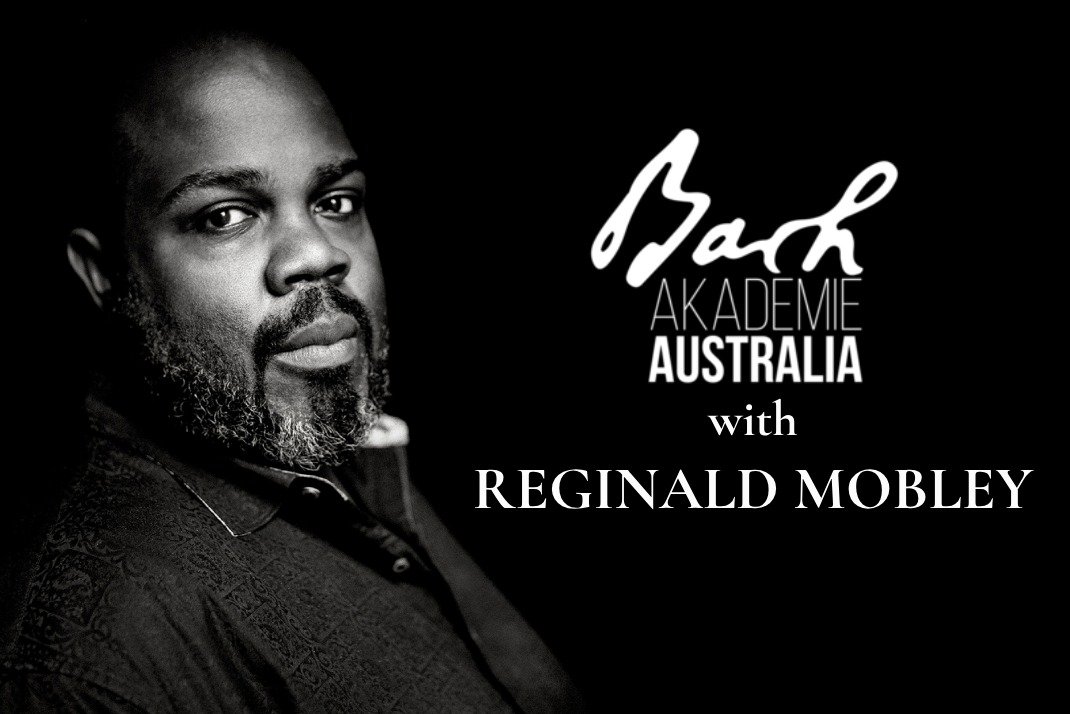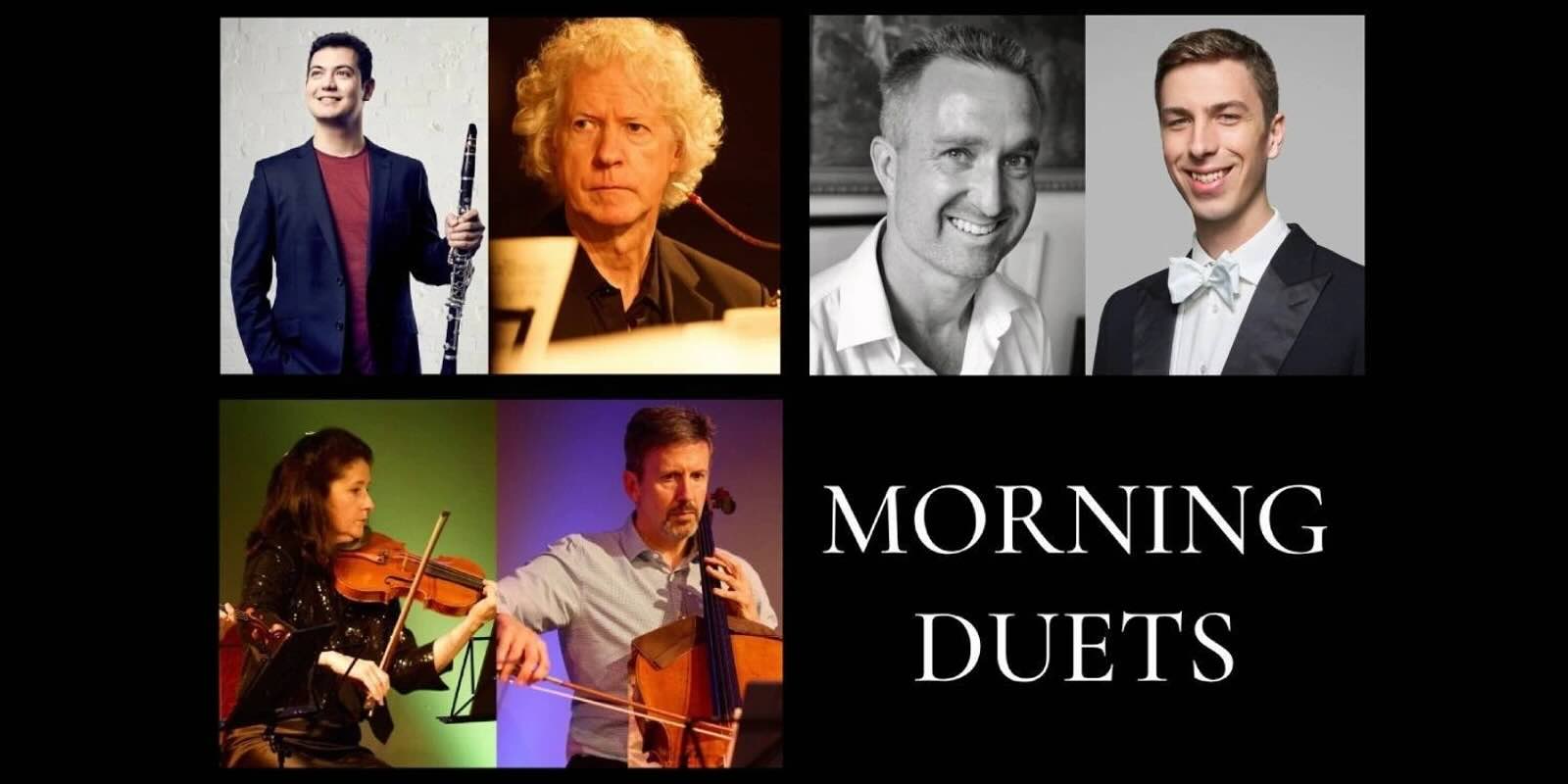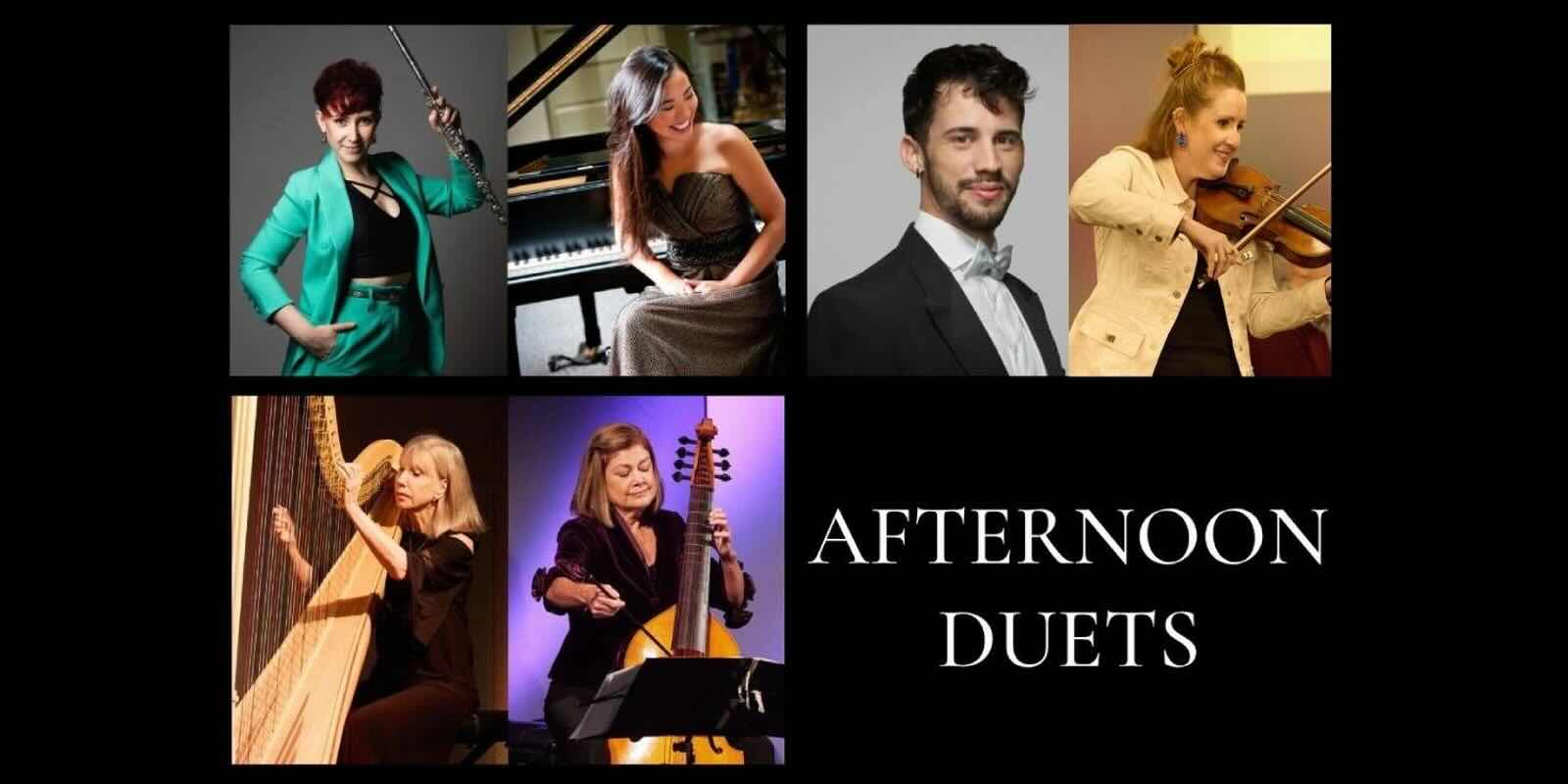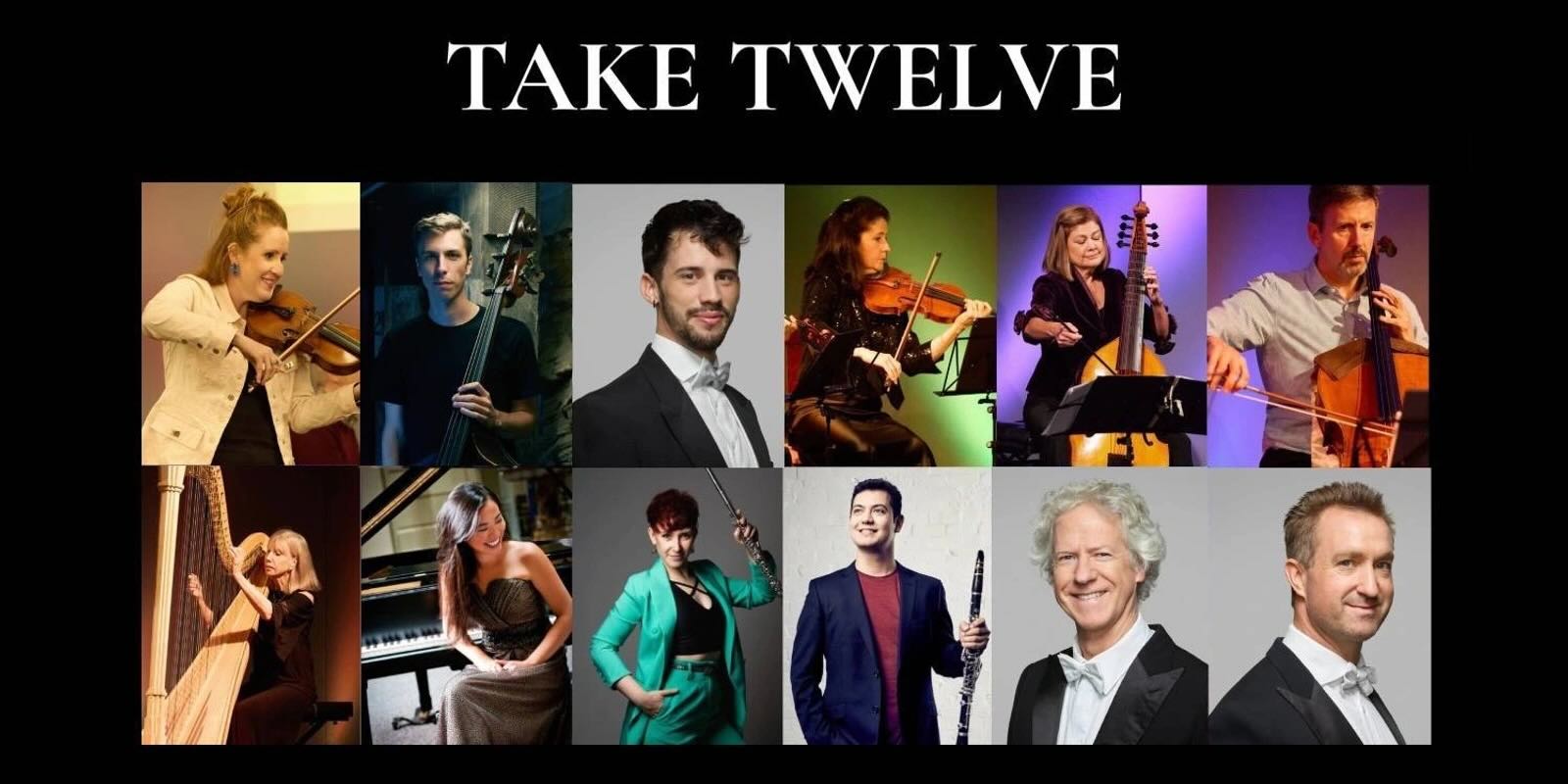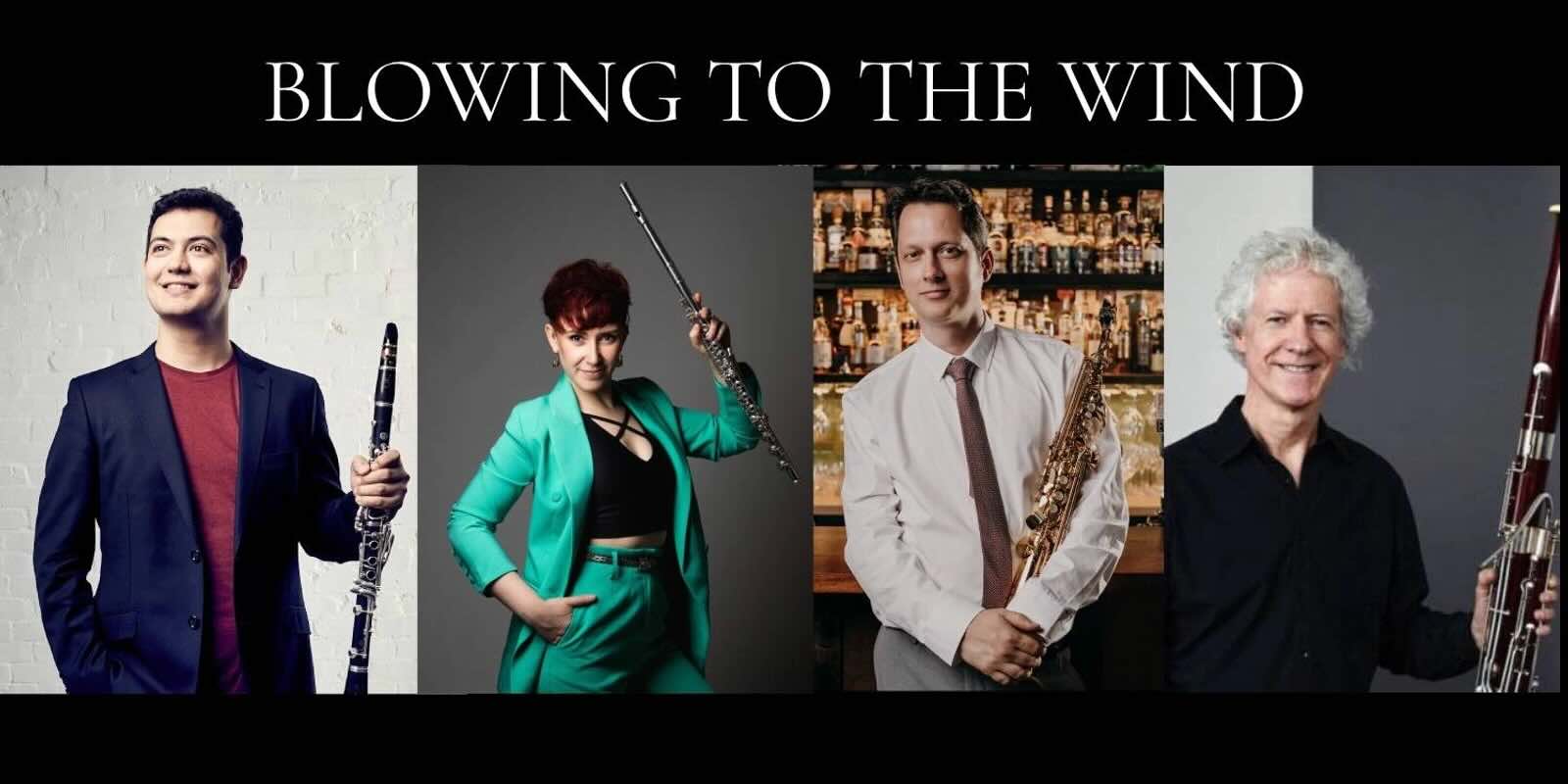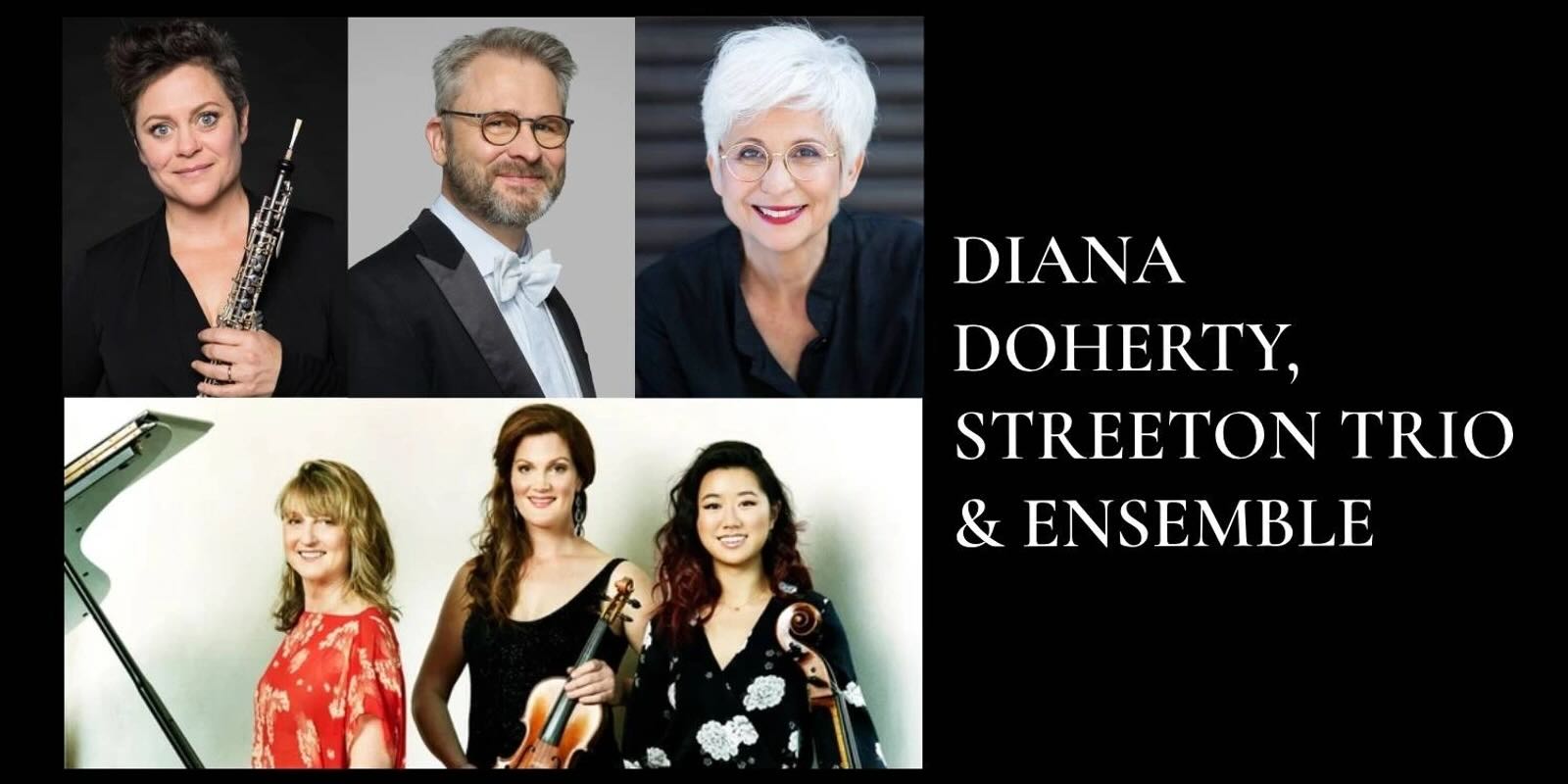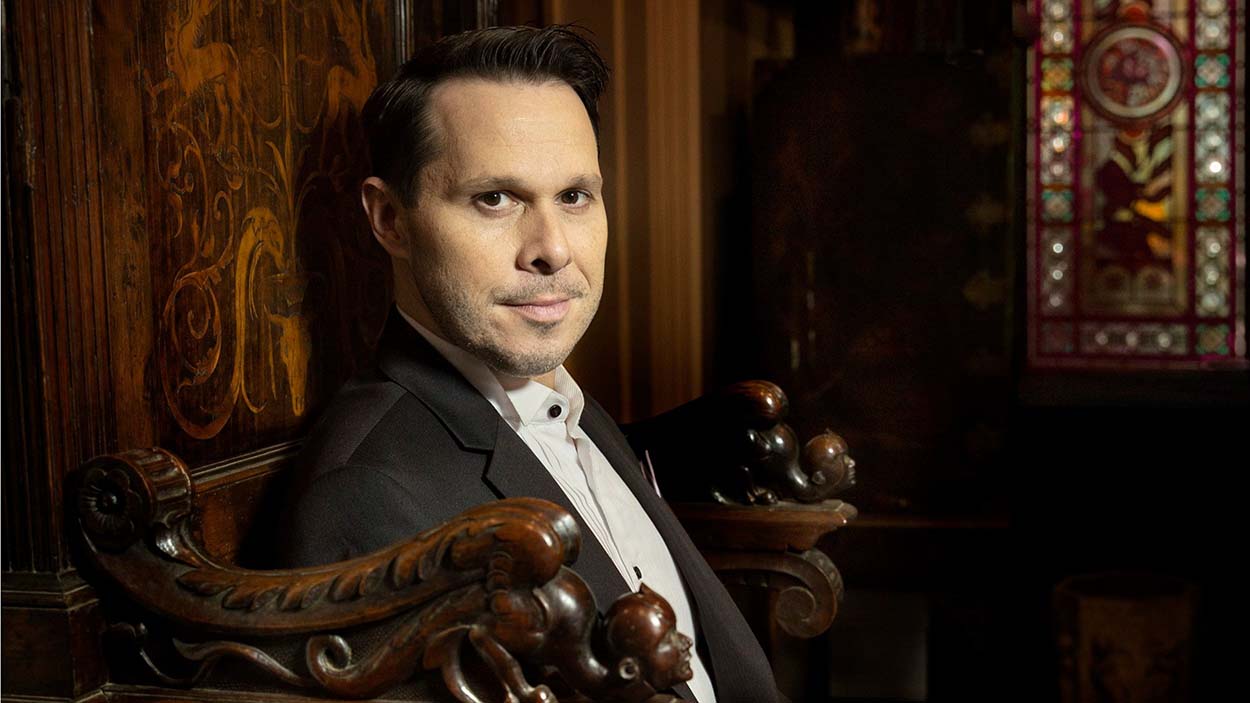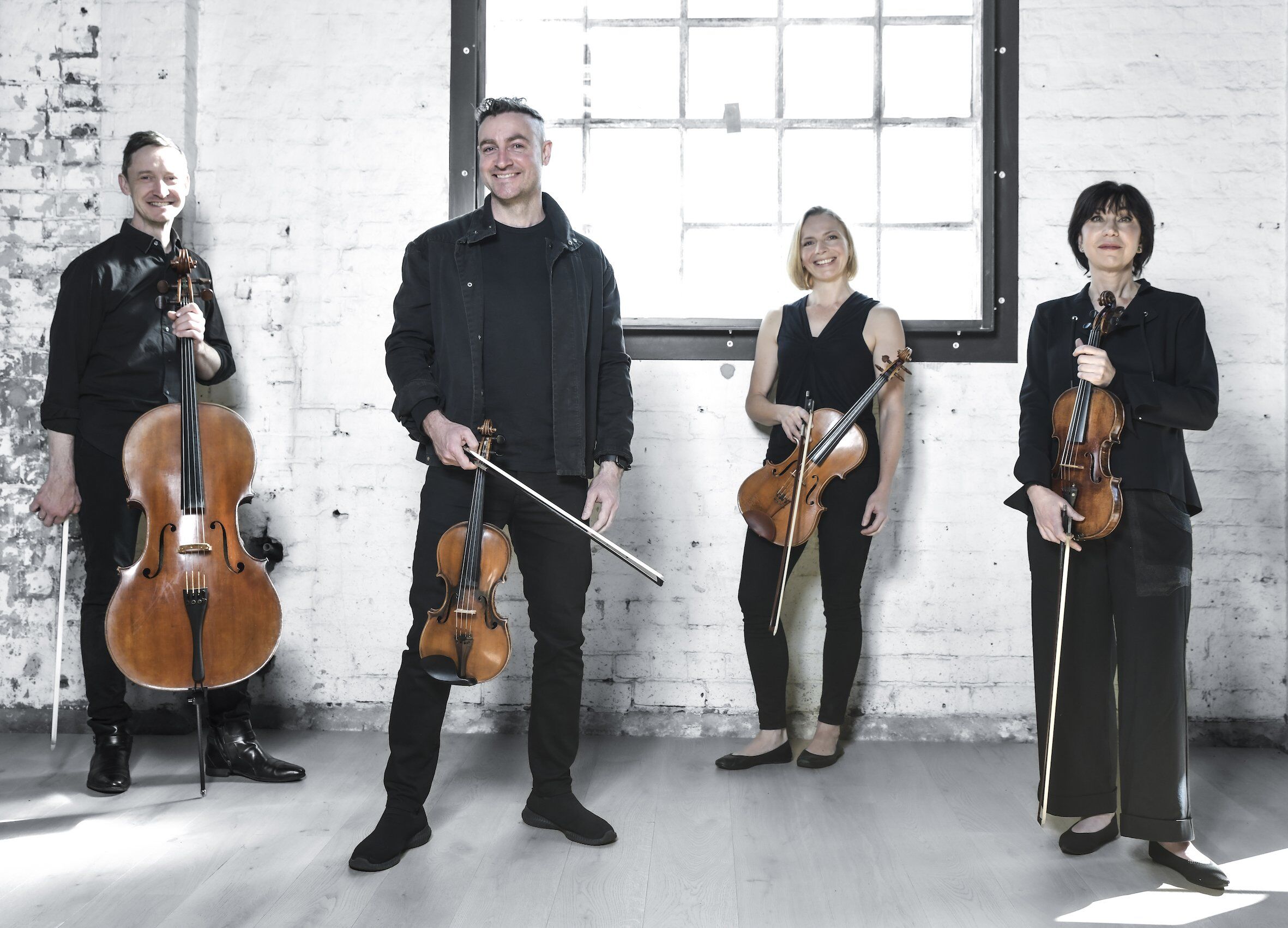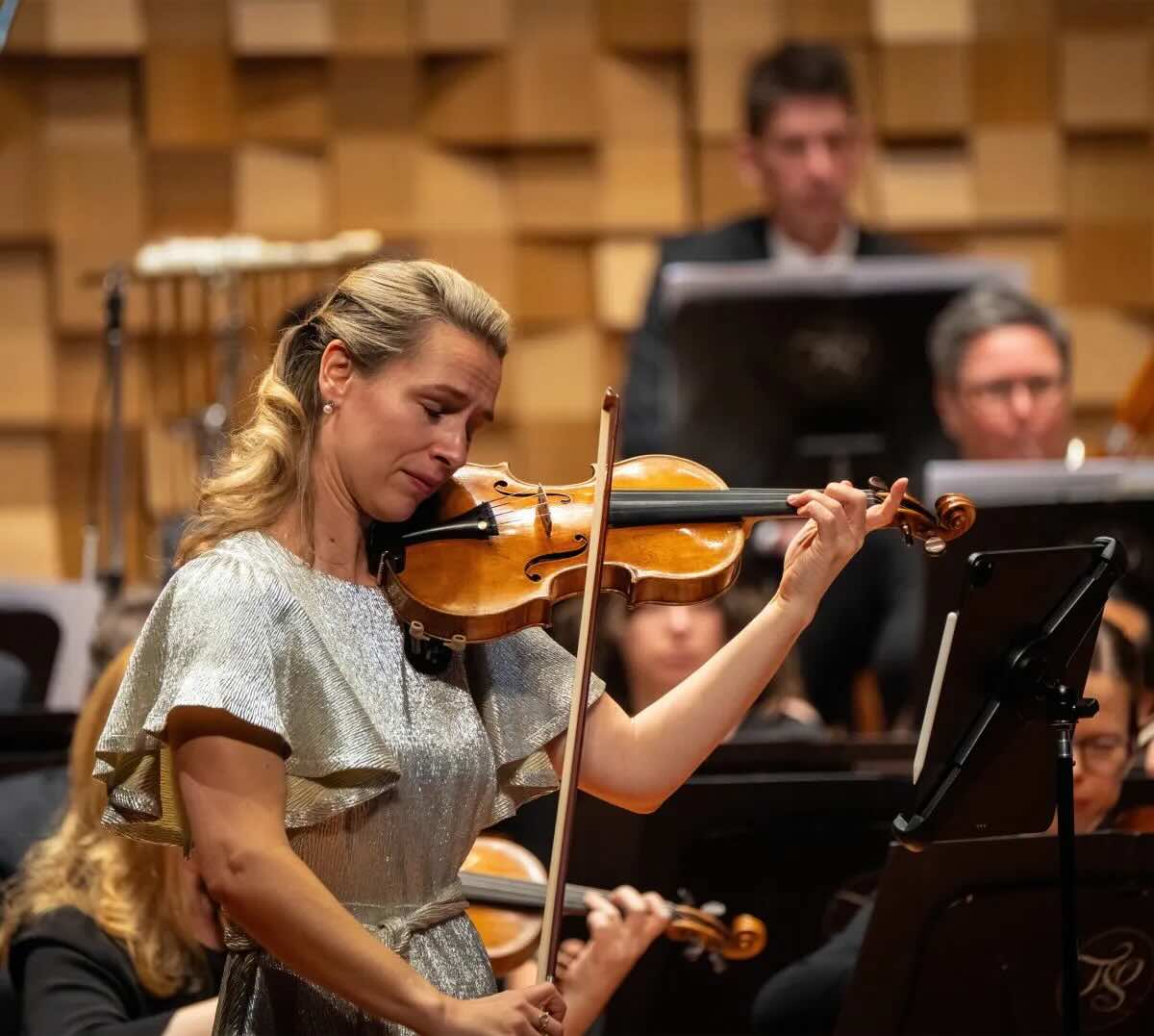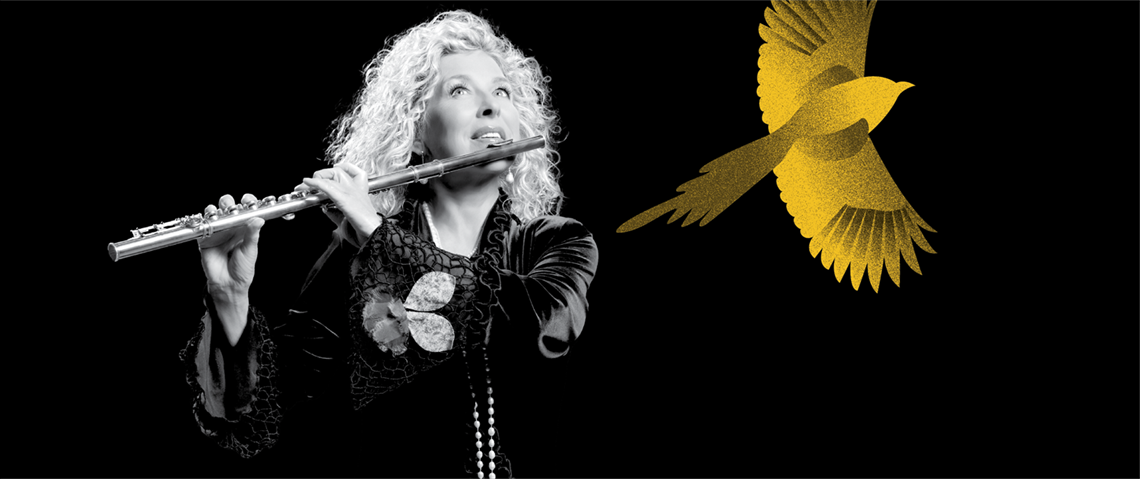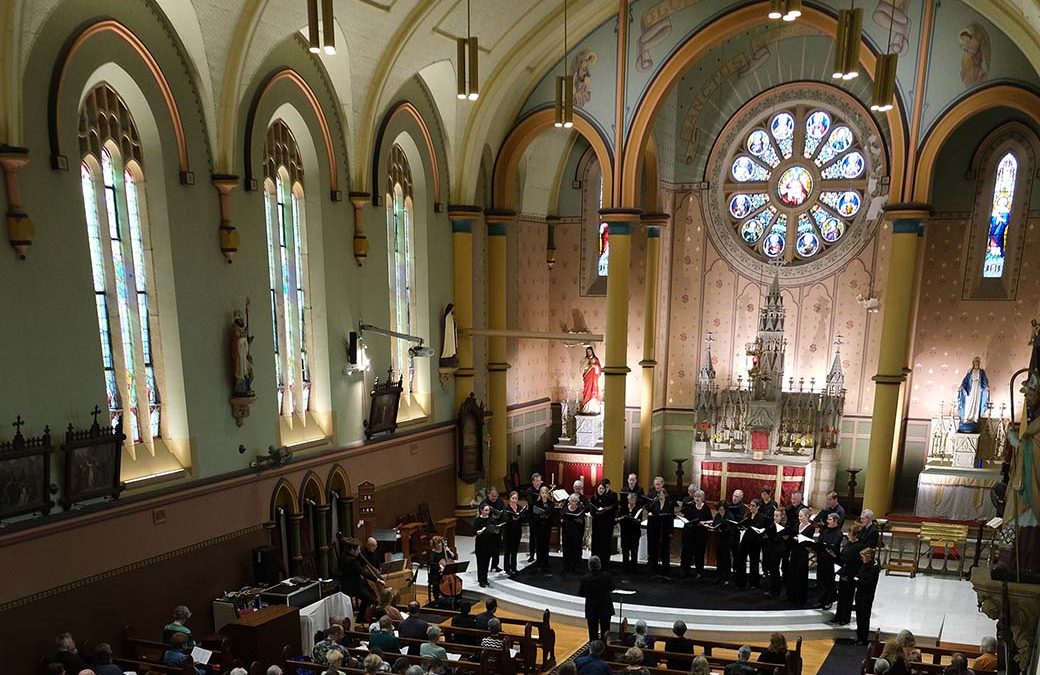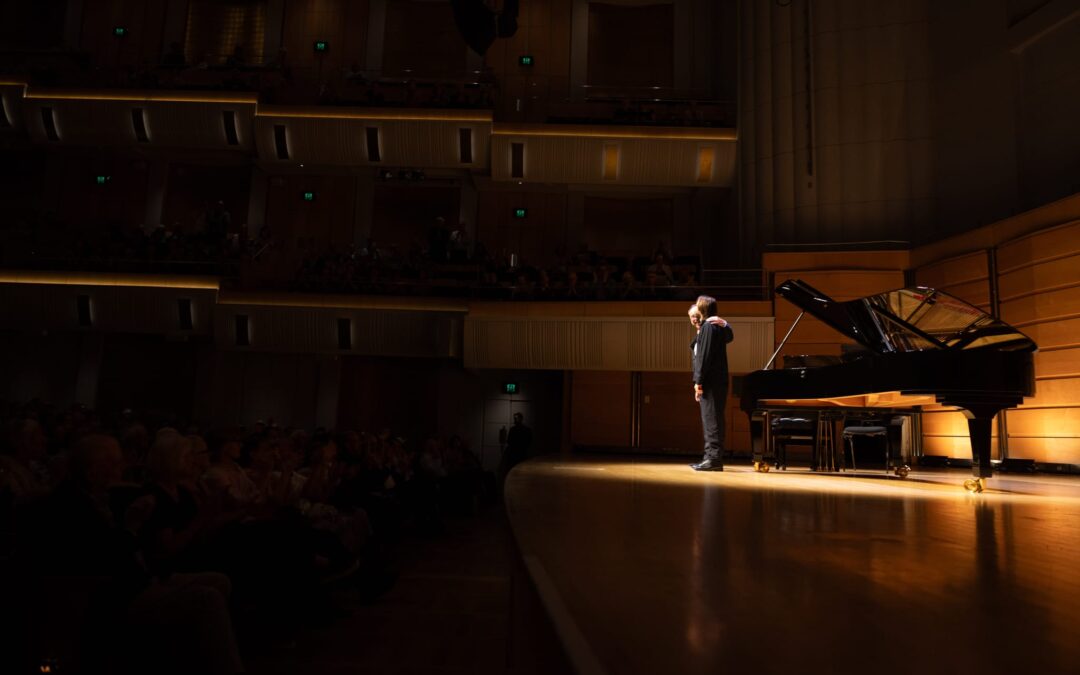Josie and The Emeralds are one of my favourite consorts when I want a relaxed Sunday afternoon of music. They never fail to deliver a first class performance of works I’m unlikely to have heard before (and probably never knew about), and their programming is always thoughtful and with a novel twist. Sunday was no exception. As a celebration of the 400th anniversary of Shakespeare’s death, the Emeralds creatively linked together the words of Shakespeare, songs from his plays, music of the period, and even some modern work including the premiere of Midsummer Love by local composer and violist, Brooke Green.
The Sunday concert was a slightly shorter version of the Saturday evening performance in Manly, and was held in Christchurch St Laurence with its excellent acoustics and wonderful ambiance particularly suited to some of the religious music.
The Consort comprised Brooke Green, Laura Moore, Catherine Upex, Imogen Granwal, and Fiona Ziegler on viols, with Josie Ryan soprano. They were joined by Alex Bryant-Smith, a professional actor whose superb vocal expressiveness brought to life the snippets of Shakespearian text that introduced a number of the items. We were promised a selection of much loved music from his times as well as other music inspired by his influence. The program notes (as always, expansive and very helpful) explained that the viol consort was integral to Elizabethan music-making, so in hearing songs from Shakespeare’s plays we were hearing the accompaniment as the original audiences would have heard it. Songs from Othello, Twelfth Night, and The Tempest were the first three items on the program. This was followed by a dozen more pieces ranging from dances, motets, and songs.
Alex Bryant-Smith read either the song text, a related passage from a Shakespearian play or a sonnet to set the scene for a number of the items. The final item on the program began with his very expressive and moving delivery of ‘To be or not to be’ as a prelude to ‘Spears’ (and it should be noted an additional Shakespeare connection is that the spear features in his coat of arms). In this poem (by contemporary Australian poet Dorothy Porter) a dying man reflects on his tribe’s sacred ceremonies and his spears, taken away from him and burnt years earlier. Brooke Green’s setting was powerful and Ryan’s singing went to the heart. I loved the connections between the Elizabethan viol, the famous Shakespearian passage, a modern Australian poet, and our own indigenous people 400 years later, beautifully and cleverly woven together into a coherent whole.
I thoroughly enjoyed the fifteen pieces presented, but several were standouts for me. I’ve already mentioned ‘Spears’. Another was ‘What is our life’ from Orlando Gibbons’ 1612 collection of Madrigals and Motets, linked to As You Like It, and prefaced with Alex’s recitation of “All the world’s a stage ….”. Two bass, one treble, and one tenor viol wove their sound in and out, above and below the theme in a haunting and pensive lament. Moving back to the C21st for another melancholic piece, the Emeralds presented Midsummer Love with its obvious linkage to A Midsummer Night’s Dream. This was also a Brooke Green composition, and a world premiere. It began with soprano Josie Ryan supported by a tenor and treble viol with a bass viol underneath at a stately and almost funereal pace.
From the annals of earlier music we heard the English composer Thomas Tallis (C16th) and the Dutch composer Johannes Schenk (late C17th). ‘I call and crye’ by Tallis was a reminder of the conversation between Othello and Desdemona concerning the state of her soul. A church as beautiful and historic as St Laurence is truly the best place to hear Tallis sung! Schenk’s patron was a keen viol player himself, and was the recipient of Schenk’s collection of 12 pieces for two bass viols. The ‘Nymph of the Rhine’ (reminding us of the many nymphs in Shakespeare’s plays) was played by two bass viols opening at a slow tempo but gradually becoming spritelier and then eventually returning to the more sombre mood. Both pieces were presented with great expressiveness and feeling.
I loved the Chaconne (a dance) by Purcell – a delightful gem. The tune, which was not unfamiliar, began with a lilting melody played by treble viol, and joined by three more viols it moved into a light-hearted dance.
Listening to the music of Tallis, Purcell, Morley, Gibbons, and others as well as the beautifully delivered Shakespearean extracts, one is transported back to an age of gracious and gentle music, some composed for the church and some for entertainment. A viol consort is in its element in this world and it was wonderful to hear C16th music on C16th instruments. Let’s hope Josie and The Emeralds continue to enrich our lives with music for this long neglected instrument and the songs written for a viol consort accompaniment.
Review for:
![]() Josie & the Emeralds: A Very Emerald Shakespeare | Sunday 3pm 28 August 2016 | Christchurch St Laurence, Haymarket
Josie & the Emeralds: A Very Emerald Shakespeare | Sunday 3pm 28 August 2016 | Christchurch St Laurence, Haymarket![]()



